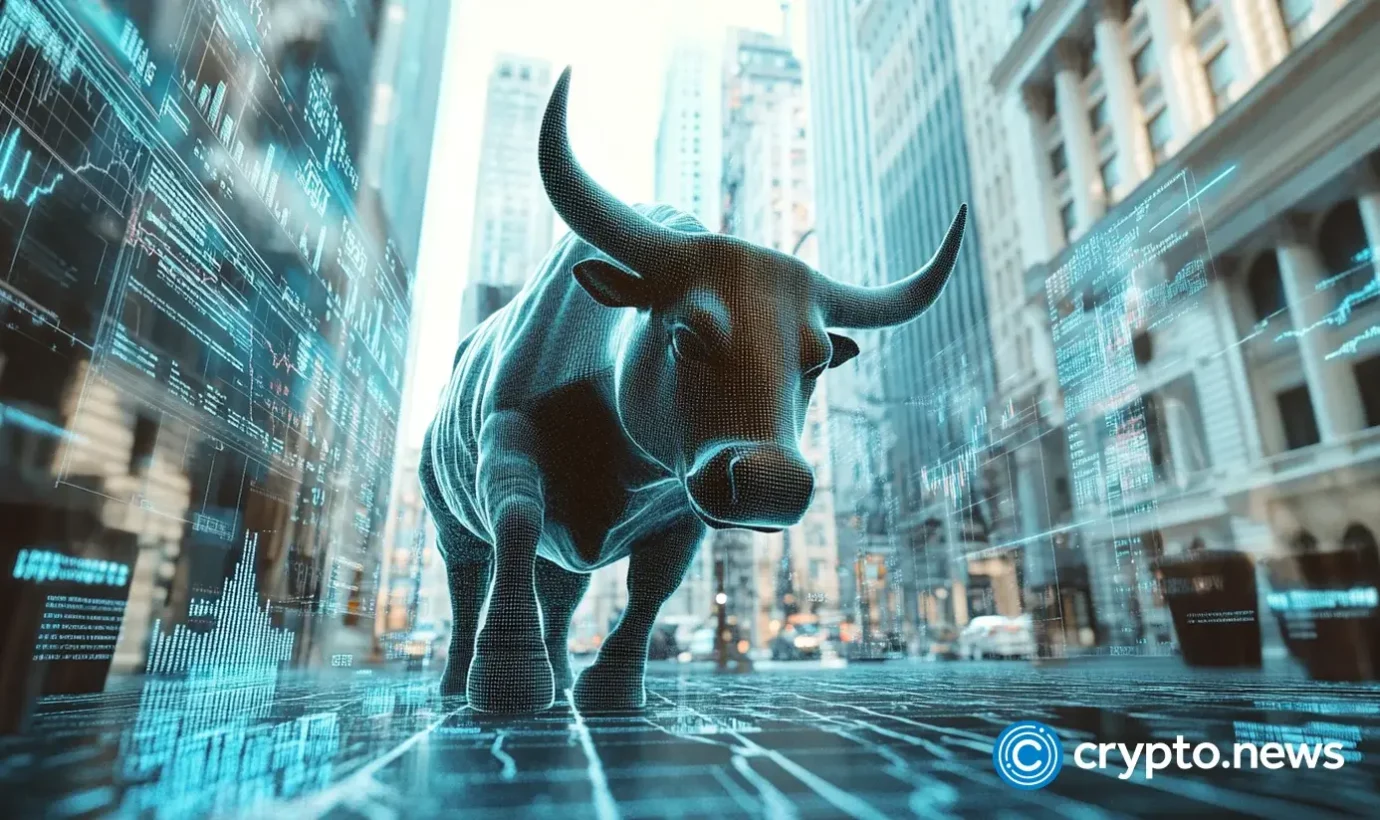Forget meme tokens Wall Street’s next upgrade is on-chain. Now that on-chain real-world assets have swelled beyond $23 billion and incoming SEC Chair Paul Atkins is openly urging banks to embrace tokenization, the question has shifted from if to how fast. Tokenization is unlocking new capital markets, turning traditionally illiquid assets like private equity, real estate debt, and structured credit into programmable, tradable tokens with faster settlement and broader access……..Continue reading….
By: Edwin Mata
Source: Crypto New
.
Critics:
Nikolai Hampton argued in Computerworld that “There is also no need for a ’51 percent’ attack on a private blockchain, as the private blockchain (most likely) already controls 100 percent of all block creation resources. If you could attack or damage the blockchain creation tools on a private corporate server, you could effectively control 100 percent of their network and alter transactions however you wished.”
This has a set of particularly profound adverse implications during a financial crisis or debt crisis like the financial crisis of 2007–08, where politically powerful actors may make decisions that favor some groups at the expense of others, and “the bitcoin blockchain is protected by the massive group mining effort. It’s unlikely that any private blockchain will try to protect records using gigawatts of computing power — it’s time-consuming and expensive.
A blockchain, if it is public, provides anyone who wants access to observe and analyse the chain data, given one has the know-how. The process of understanding and accessing the flow of crypto has been an issue for many cryptocurrencies, crypto exchanges and banks. The reason for this is accusations of blockchain-enabled cryptocurrencies enabling illicit dark market trade of drugs, weapons, money laundering, etc.
A common belief has been that cryptocurrency is private and untraceable, thus leading many actors to use it for illegal purposes. This is changing and now specialised tech companies provide blockchain tracking services, making crypto exchanges, law-enforcement and banks more aware of what is happening with crypto funds and fiat-crypto exchanges. The development, some argue, has led criminals to prioritise the use of new cryptos such as Monero.
In April 2016, Standards Australia submitted a proposal to the International Organization for Standardization to consider developing standards to support blockchain technology. This proposal resulted in the creation of ISO Technical Committee 307, Blockchain and Distributed Ledger Technologies.
The technical committee has working groups relating to blockchain terminology, reference architecture, security and privacy, identity, smart contracts, governance and interoperability for blockchain and DLT, as well as standards specific to industry sectors and generic government requirements.
More than 50 countries are participating in the standardization process together with external liaisons such as the Society for Worldwide Interbank Financial Telecommunication (SWIFT), the European Commission, the International Federation of Surveyors, the International Telecommunication Union (ITU) and the United Nations Economic Commission for Europe (UNECE). Many other national standards bodies and open standards bodies are also working on blockchain standards.
These include the National Institute of Standards and Technology (NIST), the European Committee for Electrotechnical Standardization (CENELEC), the Institute of Electrical and Electronics Engineers (IEEE), the Organization for the Advancement of Structured Information Standards (OASIS), and some individual participants in the Internet Engineering Task Force.
According to Reason, many banks have expressed interest in implementing distributed ledgers for use in banking and are cooperating with companies creating private blockchains, and according to a September 2016 IBM study, this is occurring faster than expected. Banks are interested in this technology not least because it has the potential to speed up back office settlement systems.
Berenberg, a German bank, believes that blockchain is an “overhyped technology” that has had a large number of “proofs of concept”, but still has major challenges, and very few success stories. The blockchain has also given rise to initial coin offerings (ICOs) as well as a new category of digital asset called security token offerings (STOs), also sometimes referred to as digital security offerings (DSOs).
STO/DSOs may be conducted privately or on public, regulated stock exchange and are used to tokenize traditional assets such as company shares as well as more innovative ones like intellectual property, real estate, art, or individual products. A number of companies are active in this space providing services for compliant tokenization, private STOs, and public STOs.
.







Leave a Reply